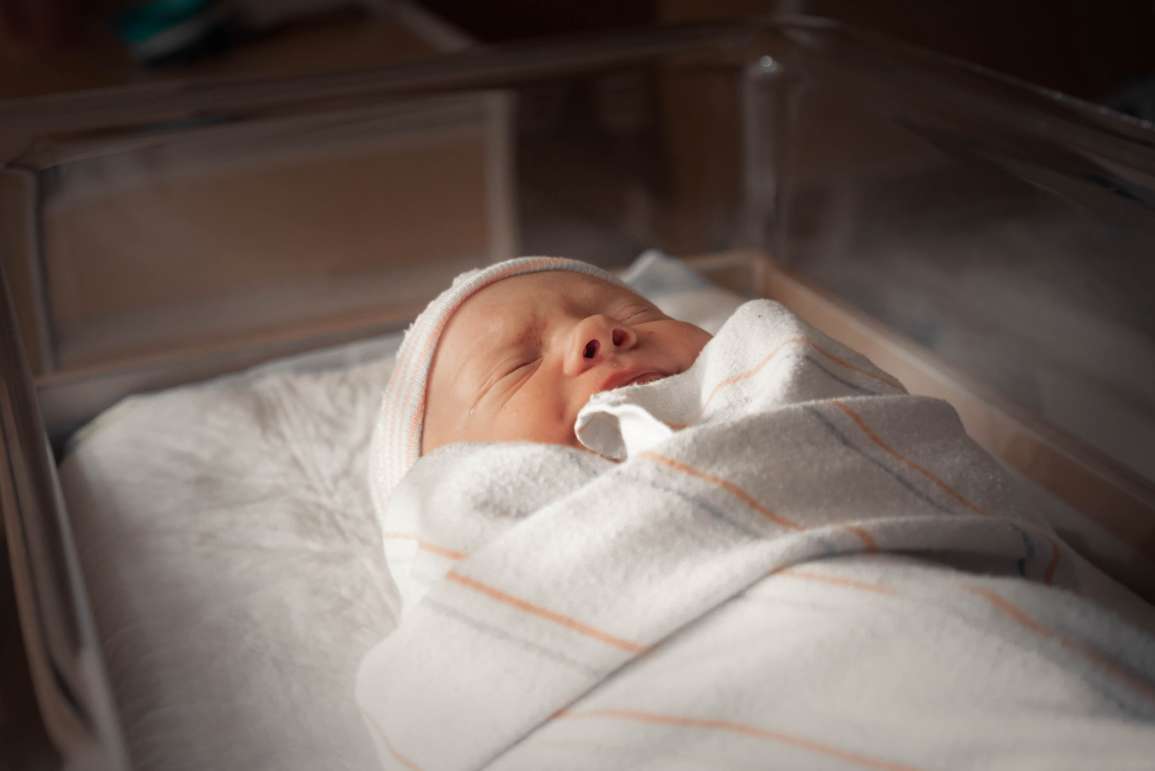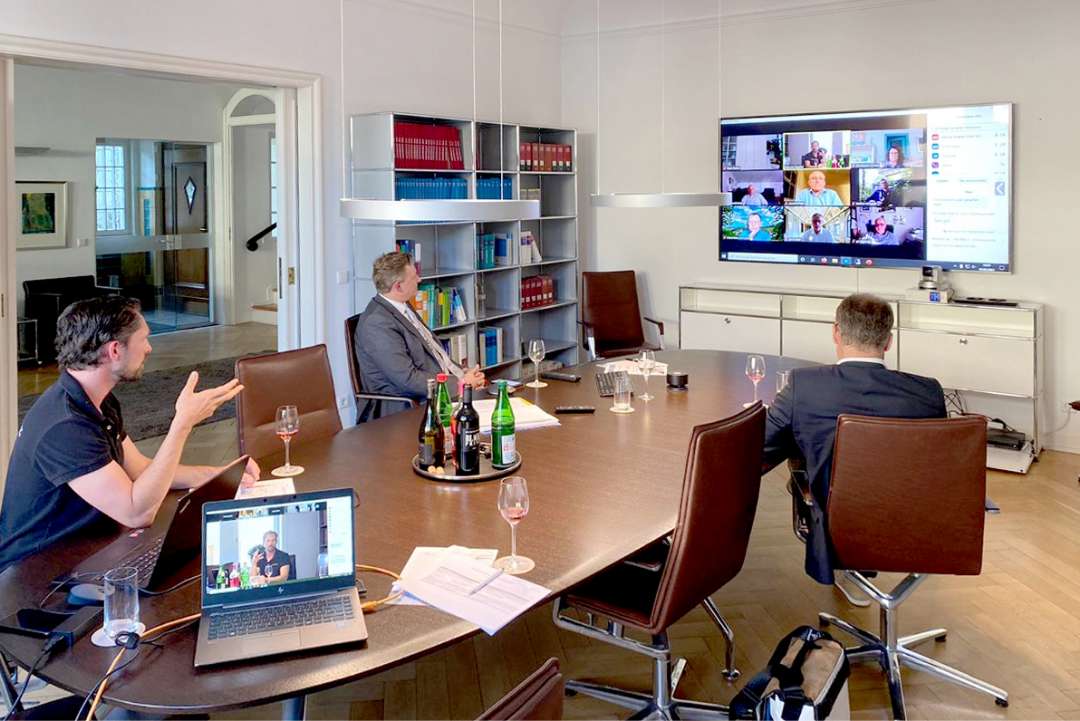Headnotes:
- Because only if the requested secondary Caesarean section, from an ex ante perspective, does not constitute a medically viable alternative considering the constitution and state of the mother, will the respondent’s fulfilment of the mother’s request be viewed as medical malpractice (German Federal Court of Justice, judgement of 4.2.2021 – file ref. VI ZR 60/20).
- As the natural guardian of the unborn child, in the case of an – at least – relative indication of an alternative method of delivery, the expectant mother is free to change the previously defined delivery plan, whereby, in accordance with the general rules of interpretation of Sections 133 and 157 BGB and taking appropriate consideration of the ‘objective horizon’ of the recipient of the request, to this end it must be demanded that it is made explicitly clear to the treatment provider that the originally agreed delivery plan is now to be departed from (LG Hannover, judgement of 31.5.2021 – file ref. 2 O 115/17).
After the Federal Court of Justice had to examine the issue of liability in connection with an elective secondary Caesarean section quite recently, the Hanover Regional Court was tasked with the same subject, but with the situation reversed. The starting point in both cases was the initiation of a natural birth, during which the mother-to-be expressed a wish for a Caesarean section. In neither case was there any absolute medical indication for a Caesarean section. In the case adjudicated by the Federal Court of Justice, the expectant mother’s wish was fulfilled and a Caesarean section performed, whereupon a uterine atony occurred. The mother died that same night due to multiple organ failure. Among other things, the Federal Court of Justice had to decide if meeting the mother’s wish for a Caesarean section, constituted a failing. The Federal Court of Justice answered this question by stating that the crucial aspects not only included the mother’s wish, but also the medical standpoints: “Because only if the requested secondary Caesarean section, from an ex ante perspective, does not constitute a medically viable alternative considering the constitution and state of the mother, is the respondent’s engagement with the mother’s request to be viewed as medical malpractice.” In other words: The doctor may not fulfil the patient’s request if it is untenable from a medical perspective.
In the second case decided by the Hanover Regional Court, the obstetrician did not meet the expectant mother’s request for a Caesarean section. The birth was instead performed by the natural method, but the child suffered a shoulder dystocia. Various manual obstetric interventions, including the McRoberts manoeuvre, were applied during the birth. The child sustained permanent plexus injuries as a result. So, the court not only had to assess if the non-fulfilment of the Caesarean section request constituted medical malpractice, but was also required to examine the issue of “violent “ manual assistance during the birth and the possible connection with birth defects. Firstly, in relation to the documented recording of the obstetric interventions, the court stated that the documented terms “manual assistance” was adequate, and did not constitute a failure in the documentation. The purpose of the documentation was to ensure proper treatment and as information to the medical personnel, and not to create and secure evidence on behalf of the patient for any subsequent medical malpractice suit. The court also held that there was not the required degree of certainty regarding the cause of the plexus injuries, and therefore whether the interventions made had actually caused those injuries. According to the convincing submissions of the court expert, it could not be readily concluded that the plaintiff’s trauma was attributable to any improper response/procedure in resolving the shoulder dystocia. The court said that there is contradictory literature regarding the causes of serious plexus injuries in a shoulder dystocia situation, with the result that there was not the required degree of certainty that only an (erroneously) strong application of force on the head and neck of the plaintiff could possibly be the cause of the plexus injuries. For example, the literature contained discussions on the extent to which force applied by the mother could be at least partly responsible for the permanent plexus injury to the arm, and even what forces could at all cause plexus paresis. According to the evidence taken, the resolution of the shoulder dystocia was devoid of any medical malpractice, and there was no flaw in the procedure.
Regarding the question of whether the non-fulfilment of the expectant mother’s wish for a Caesarean section constituted medical malpractice, the court said this was not the case due to the very absence of the medical indication here. During the proceedings, the expert told the court that the mother’s fears and her associated wish to have a Caesarean section would only ever be relevant, if she could no longer be kept calm. In addition, the risks of a Caesarean section and the issue of any onset of a lack of capacity to consent that might possibly occur during the birthing process, also had to be factored into these considerations.
Both decisions demonstrate both the fulfilment and non-fulfilment of a request for a Caesarean section can be relevant to the question of legal liability. It is medicine itself that draws the boundaries here, namely by way of the medical indication and the definition of medical non-viability.
Supporting evidence:
Federal Court of Justice, judgement of 4. 2.2021 – file ref. VI ZR 60/20 (with comment Vogeler, GuP 2021, 154)
Hanover Regional Court, judgement of 31. 5.2021 – file ref. 2 O 115/17 (not res judicata)



